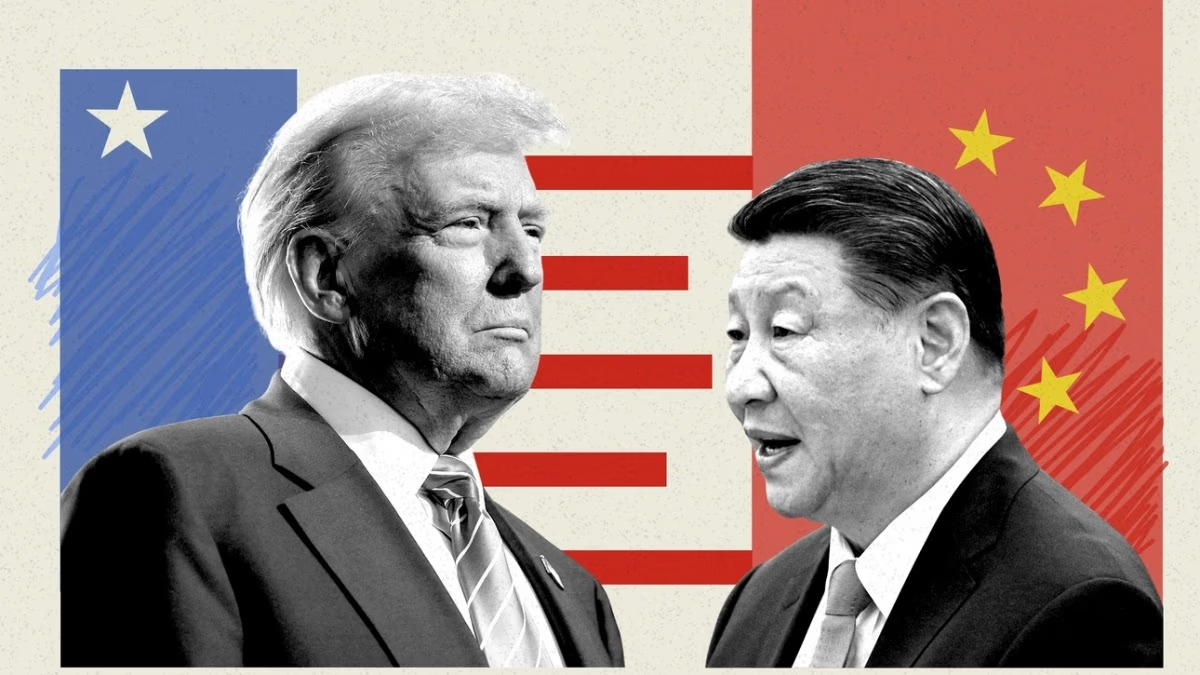U.S. President Donald Trump holds firm to his 'America First' policy. In pursuit of this, additional tariffs were imposed on Mexico, Canada, and China. Following the uproar, Trump granted a 30-day tariff waiver to Mexico and Canada, though the 10% tariff on China remains. Speculation arises: is Trump targeting China under the guise of Mexico and Canada being his real focus?
On January 20th, post inauguration, Trump signed executive orders imposing tariffs on Mexico, Canada, and China. These tariffs were effective February 1st, yet by February 3rd, Mexico and Canada received relief. Canadian Prime Minister Justin Trudeau later disclosed, after an extended conversation with Trump, a temporary suspension of the tariff war was agreed upon. Mexico had similarly been extended this relief earlier.
Reports indicate Trump sanctioned the relief for Mexico and Canada following deliberations with Trudeau and Mexico's President Sheinbaum, granting a monthly reprieve. Yet, upon China's lack of relief, Trump acknowledged no existing discourse with President Xi Jinping. Trump articulated his openness to discussion, anticipating Xi's engagement.
The Subtle Blow to China in Trump's Terms
It is suggested Trump strategically curtailed China's influence, disguised as Mexico and Canada's relief terms, where the true conditions for the 30-day tariff exemption lie.
Trump granted Canada a 30-day waiver, stipulating the appointment of a Fentanyl Czar to curb fentanyl sales. Simultaneously, Mexico faced pressure to instantly deploy 10,000 troops along the U.S.-Mexico border, aimed at disrupting the illicit fentanyl influx into the U.S.
Why Trump's Stance on Fentanyl Remains Firm?
Fentanyl, a dangerously potent drug, is a synthetic opioid perceived as 50 times stronger than heroin and 100 times stronger than morphine.
Although banned in America, allegations arise that China is covertly channeling it into the U.S. through Mexico and Canada, resulting in thousands of American deaths annually, an issue Trump is ardently against.
From the outset, Trump accused China of trafficked drugs like fentanyl into the U.S., spearheading shipments through Mexico and Canada. This trade significantly boosts Chinese profits while devastating American youth.
Experts suggest Trump's aim was not tariff imposition per se, but rather veiling a ploy to compromise China amidst these tariffs. Consequently, the demand for 10,000 soldiers from Mexico along the border and the Fentanyl Czar appointment point to Trump's strategic pressure on China.
Under Trump's Leverage, Panama Withdraws from China's BRI
Under intensified U.S. pressure, Panama disrupted China's Belt and Road Initiative (BRI), refusing to renew its connection.
Amidst pressure over the Panama Canal, President Jose Raul Mulino of Panama announced the nation, a participant since 2017, will sever ties with China's BRI.
Mulino further intimated Panama's intent to collaborate with the U.S. on infrastructure projects, while declaring audits for the Panama Ports Company, associated with operators of Chinese enterprises managing two canal ports. Mulino emphasized the audit's completion is pending.




